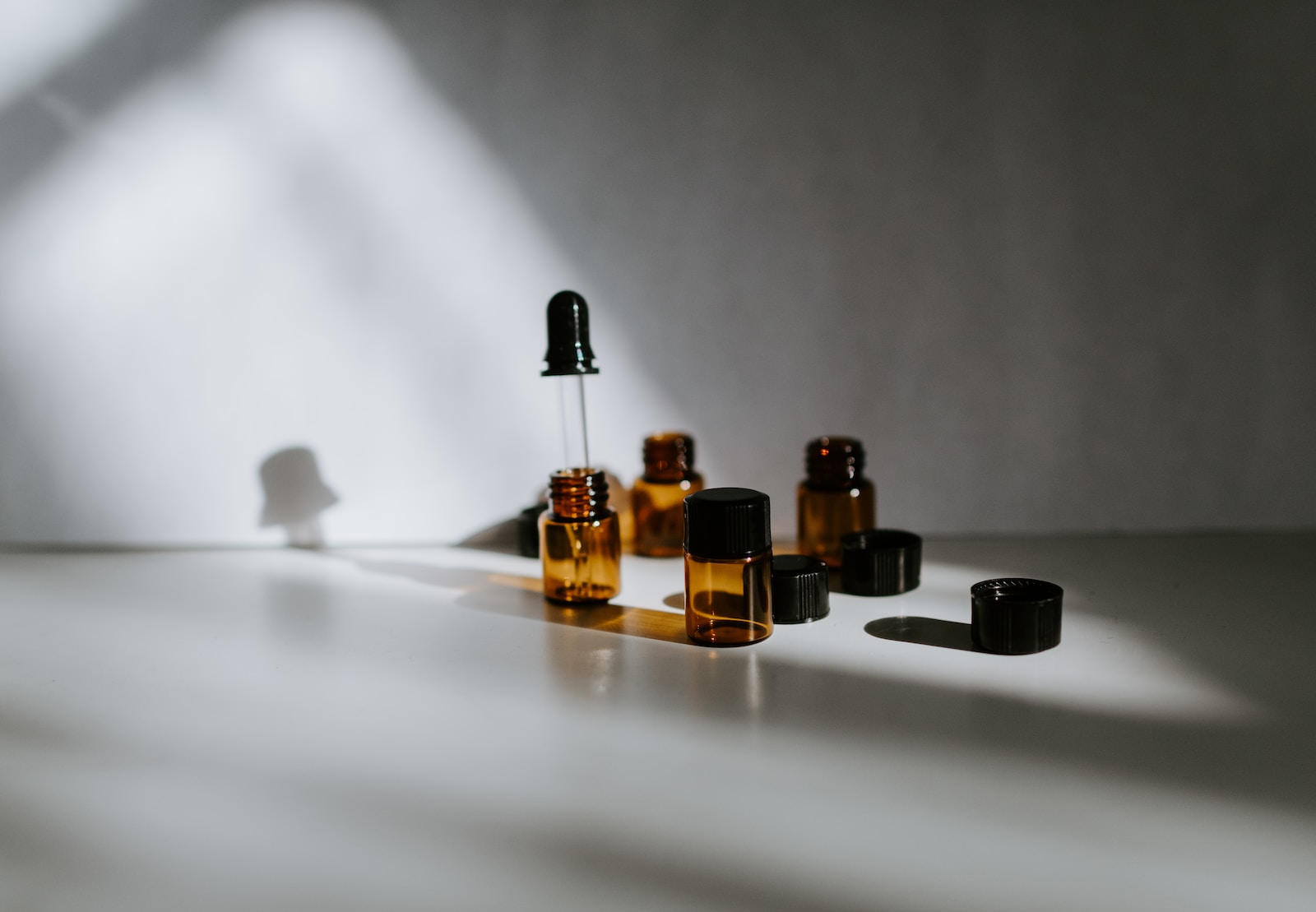In recent years, CBD (cannabidiol) has gained widespread popularity for its potential health benefits, leading to a surge in CBD-infused products. However, a pressing question that often arises is whether using topical CBD can cause a failed drug test. This comprehensive guide aims to shed light on this intriguing topic, addressing various aspects and concerns surrounding the use of topical CBD products and their potential impact on drug tests.
Can Topical CBD Cause a Failed Drug Test?
When exploring the world of CBD and drug testing, it’s essential to understand the nuances. Let’s dive into the details to uncover the truth.
Understanding CBD and Drug Tests
To comprehend the potential implications of topical CBD on drug tests, we must first grasp the basics. CBD is one of many compounds found in the cannabis plant. Unlike its cousin, THC (tetrahydrocannabinol), CBD is non-psychoactive and does not induce a “high.” Drug tests typically aim to detect THC or its metabolites, not CBD. This fundamental distinction is vital in our discussion.

The Composition of Topical CBD Products
Topical CBD products come in various forms, such as creams, balms, and lotions. These products are designed for external use and are absorbed through the skin. They typically contain a combination of CBD extract, carrier oils, and other beneficial ingredients, like essential oils.
Why Topical CBD Is Unlikely to Cause a Failed Drug Test
Several factors contribute to the unlikelihood of topical CBD causing a failed drug test:
- Minimal THC Content: Reputable CBD brands adhere to strict regulations, ensuring that their products contain less than 0.3% THC, which is the legal limit. This trace amount is unlikely to trigger a positive drug test.
- Limited Skin Absorption: When applied topically, CBD primarily interacts with local endocannabinoid receptors in the skin. It doesn’t enter the bloodstream in significant quantities, further reducing the risk of detection in a drug test.
- Isolate vs. Full-Spectrum: Some CBD products use CBD isolate, which contains only pure CBD with no THC or other cannabinoids. Choosing a CBD isolate product further minimizes the risk.
- Third-Party Lab Testing: Reputable CBD manufacturers often subject their products to third-party lab testing to confirm their cannabinoid content. This ensures transparency and the absence of THC.
Factors to Consider
While topical CBD products are generally considered safe in terms of drug tests, there are still some considerations to keep in mind:
- Product Quality: Always purchase CBD products from reputable manufacturers who provide lab reports and adhere to quality standards.
- Cross-Contamination: In rare cases, cross-contamination during the manufacturing process may occur, leading to trace amounts of THC in CBD products. Verify the product’s purity before use.
- Sensitive Individuals: Extremely sensitive individuals may experience unexpected reactions to even trace amounts of THC. If you fall into this category, consult with a healthcare professional.
Frequently Asked Questions (FAQs)
Q: Can using CBD topically make me fail a drug test?
A: In most cases, no. Topical CBD products typically contain minimal THC, and their application on the skin limits THC absorption into the bloodstream. However, it’s crucial to choose high-quality products and be aware of potential cross-contamination.
Q: How long does CBD stay in your system?
A: CBD itself typically has a relatively short half-life and doesn’t stay in the system for an extended period. THC, on the other hand, may be detectable in drug tests for several days, depending on various factors.
Q: Can I trust CBD product labels?
A: To ensure product quality and authenticity, always choose products from reputable manufacturers that provide third-party lab testing results.

Q: Are there alternatives to topical CBD products?
A: Yes, if you’re concerned about drug tests or prefer not to use CBD topicals, you can explore other CBD delivery methods such as oral tinctures or capsules.
Q: Is there a risk of overdose with topical CBD?
A: Topical CBD products are generally safe, and it’s unlikely to overdose on them. However, it’s essential to follow the product’s recommended usage guidelines.
Q: Can CBD help with pain and skin conditions?
A: Yes, many users report positive effects of CBD for pain relief and various skin conditions. Consult with a healthcare professional to determine if CBD is right for your specific needs.
Conclusion
In the realm of CBD and drug testing, the consensus is clear: topical CBD products are unlikely to cause a failed drug test when used correctly. Understanding the distinctions between CBD and THC, choosing high-quality products, and being aware of individual sensitivities are essential steps to ensure a worry-free experience.
In your journey to harness the potential benefits of CBD, remember to prioritize product quality, follow recommended usage guidelines, and consult with healthcare professionals when needed. With these precautions in mind, you can confidently explore the world of topical CBD products without fretting over drug tests.
